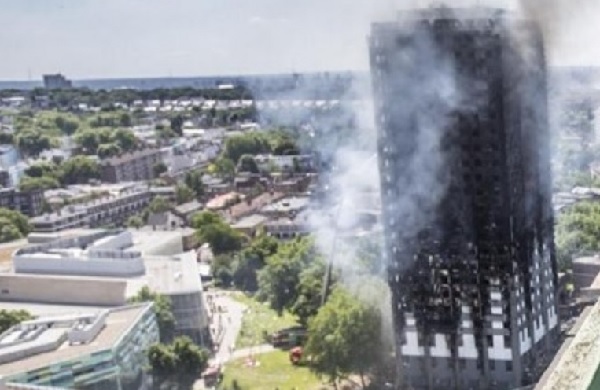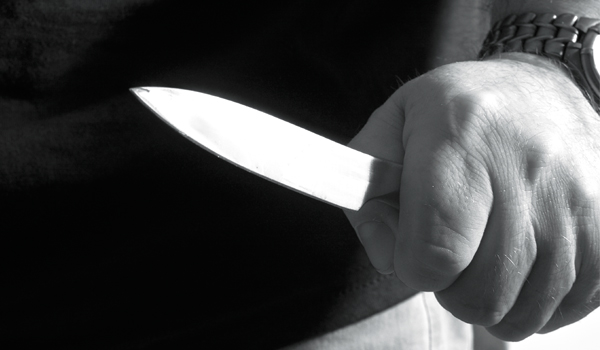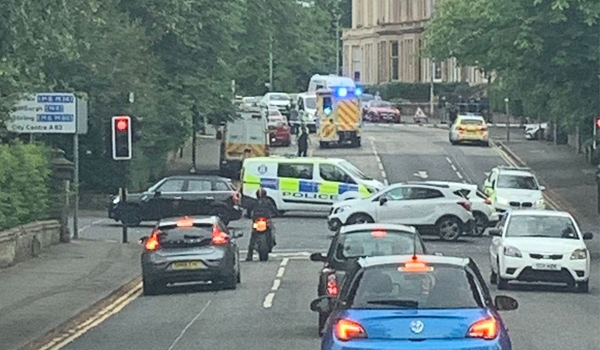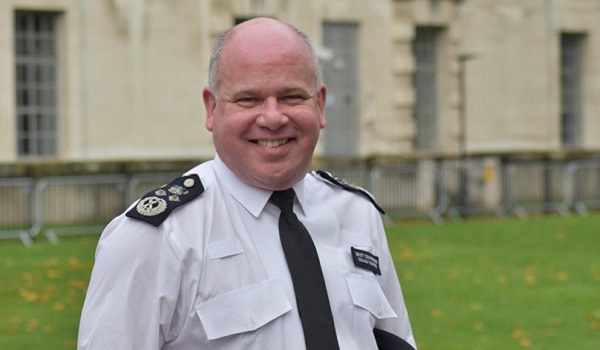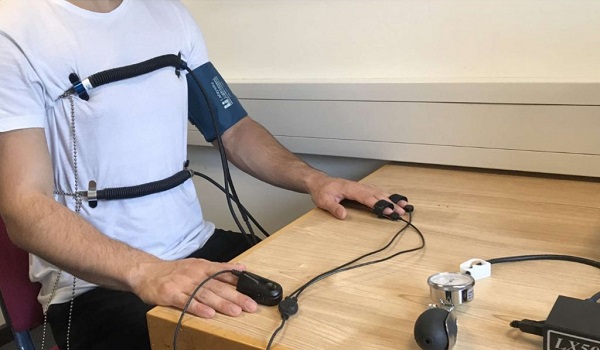Grenfell Tower tragedy: Now LFB faces police inquiry over health and safety ‘irregularities’
Senior firefighters are facing up to the threat of prosecution for advising Grenfell Tower residents to “stay put” as the block was engulfed by a blazing inferno that saw 72 people lose their lives.
Charges could be brought under health and safety regulations as part of a wider Metropolitan Police Service investigation looking into the refurbishment of the tower and its impact on the fire.
Residents were told to remain in the burning 23-storey block in line with a policy that relies on fire outbreaks being contained, rather than spreading.
The ongoing public inquiry has been told that an evacuation order came more than 80 minutes after the policy had “substantially failed”.
The MPS, at a briefing on Thursday (June 7), said the force was “duty bound” to consider whether the London Fire Brigade placed people at risk.
The Fire Brigades Union has spoken of its members responding by going “above and beyond the call of duty” in facing an “unprecedented catastrophe”.
Earlier this week the FBU called on the inquiry, which has just finished ten days of opening submissions at Holborn Bars in central London, to investigate the ‘stay put’ policy forensically, citing a potential design failure in the building for the spread of the blaze.
The union said the policy “may well have to be changed” after the apparent structural failure.
Speaking ahead of next week’s one-year anniversary of the disaster, MPS Commander Stuart Cundy said a large number of criminal offences were under consideration, including corporate manslaughter, gross negligence manslaughter and health and safety breaches.
Mr Cundy added: “Seventy people plus baby Logan died as a direct result of that fire; there is an absolute obligation on us to look at the most serious charges.”
“It’s an absolute obligation on us to be looking at the most serious potential criminal offences that may have been committed.”
In total, nearly 200 officers and staff continue to work full time on the tragedy. Some 507 organisations have been identified as having a role in the construction, refurbishment and management of Grenfell Tower. Through ongoing investigative work police are focusing efforts on the 36 organisations who played the most significant part.
Mr Cundy has spoken of how the “large and complex investigation” remains a priority, adding: “We have made significant progress over the last year. We will continue to investigate fearlessly, as we move forward – all our officers and staff remain committed to carrying out a thorough investigation.”
Senior Investigating Officer Detective Superintendent Matt Bonner said the stay-put policy was “part of our assessment of what happened and therefore falls within the investigation”.
He said: “The LFB would, as any other organisation involved, have an obligation to conduct their activity in a manner that doesn’t place people at risk.”
The inquiry has reportedly been told that the only escape route at Grenfell for the fleeing residents was a narrow stairwell filled with smoke and there was no central fire alarm that could be triggered to ring throughout the building.
The LFB and the FBU said staying in their flats would have been the best policy for residents if the tower had not been covered in flammable cladding.
In a statement, FBU General Secretary Matt Wrack said: “It is clear that from the earliest accounts of the night that firefighters faced an unprecedented catastrophe and they responded by going above and beyond the call of duty.
The Fire Brigades Union hopes the Grenfell Tower inquiry, of which we are a core participant, investigates the ‘stay put’ policy forensically. There are difficult and complex issues to be addressed.
“Tower blocks are designed so if a fire breaks out in a property, the blaze can be held there for a length of time, allowing fire crews to respond. This is called compartmentation.
“It clearly failed at Grenfell Tower.
“The ‘stay put’ policy may well have to be changed, particularly after this failure of compartmentation at Grenfell, but we will not prejudge the inquiry.
“I am entirely confident that those taking emergency calls, the firefighters and fire officers attending the incident did their utmost on the night and at the incident to save as many lives as they could.
“Regrettably, they operated in an impossible situation because the fire was on such an unprecedented scale.”
On Monday (June 4), the Grenfell inquiry reportedly heard from fire expert Dr Barbara Lane who found that the brigade’s policy to tell people to stay in their homes had “effectively failed” barely half an hour after the fire started at 1:26am on June 14.
A change in policy recommending that residents leave was not made until 02:47am.
The inquiry has also been told that the man who lived in the flat where the fire started was not responsible for the tragedy.
Behailu Kebede had to be offered police witness protection in the wake of the disaster, after it was discovered his fridge-freezer was identified as the most probably cause of the blaze.
Previously the force has said that Kensington Council and the Tenant Management Organisation were being investigated in connection with corporate manslaughter allegations.
The MPS is looking at all aspects of the management of the fire to identify whether a crime was committed.
The most likely offences fall under the Health and Safety at Work Act, which requires public bodies and companies to protect the public. Offences under the act usually result in fines, though prison sentences are also possible.


